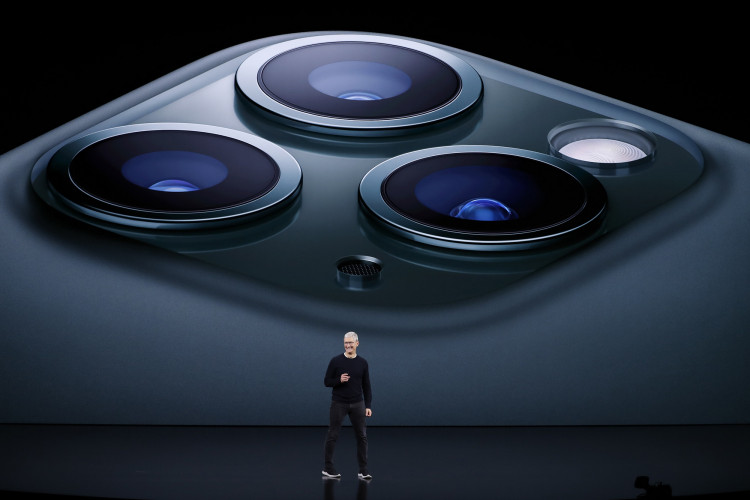On September 10, Apple introduced its latest iPhones during an event titled By Innovation Only. The Cupertino tech titan announced the iPhone 11, iPhone 11 Pro, and iPhone 11 Pro Max with starting prices at $699, $999 and $1,099. But, with the most recent unveiling of the company's flagship smartphones, consumers are now in doubt whether to purchase the latest iPhones or wait for the 2020 iPhones to get their money's worth.
The new Apple iPhones comes in a fresh palette of colors, longer battery life, and with A13 Bionic processor that promises faster and optimum performance. However, beyond any other features, iPhone 11, iPhone 11 Pro, and iPhone 11 Pro Max has camera software and hardware that take the spot. Pro phones have three cameras while the iPhone 11 has two cameras at the back.
While the iPhone 11, iPhone 11 Pro, and iPhone 11 Pro Max come in various colors, when it comes to the overall design, they look strikingly similar to the iPhones launched in 2018, notch and all included. For many people, Apple iPhone is the gold standard for smartphone design and revolutionary features like Face ID unlocking technology. However, in spite of these features, the new iPhones failed to push the envelope and bank on its massive camera improvements to keep up with the competition.
The iPhone 11, iPhone 11 Pro, and iPhone 11 Max Pro have no 5G support and no reverse wireless charging rumored earlier. The heavily speculated features that will allegedly make the iPhone compatible with Apple Pencil and a USB type C support were also non-existent. But, if you take a look at the predictions shared by Apple insider and reputable analyst Ming-Chi Kuo about the 2020 iPhones, you will realize that these features are in the upcoming iPhones.
Ming-Chi Kuo earlier predicted that 2020 iPhones will have new overall form factor design. While he did not reveal the details of the new design, he shared that the two 2020 iPhone models will be available in 5.4-inch and a 6.7-inch display. Other speculations about the 2020 iPhones include a 5G network connectivity support and enhanced AR capabilities. The next-generation iPhones are also expected to feature both Face ID and Touch ID.
Now that Apple has unveiled the iPhone 11, 11 Pro and 11 Pro Max the most nagging question is whether the Cupertino-based tech titan has done enough to persuade consumers to buy the latest iPhones or has it made them think twice and consider buying the 2020 iPhones instead? The answer depends on where you are in the purchasing cycle and how much money you put on new features that primarily focus on the camera.






